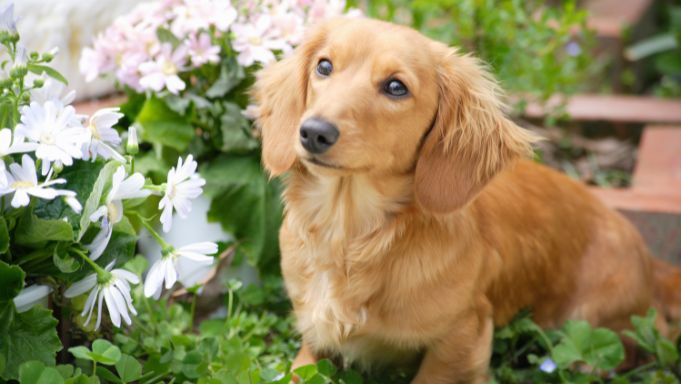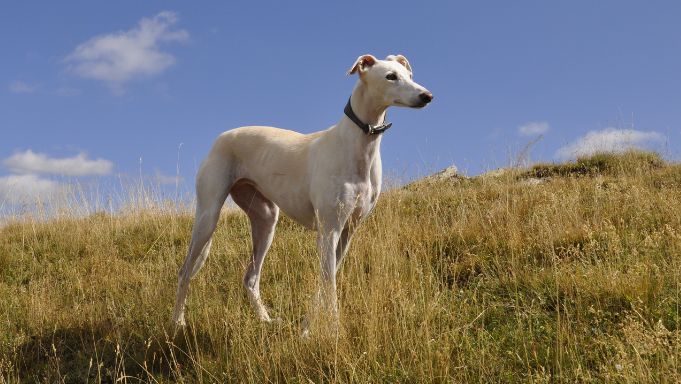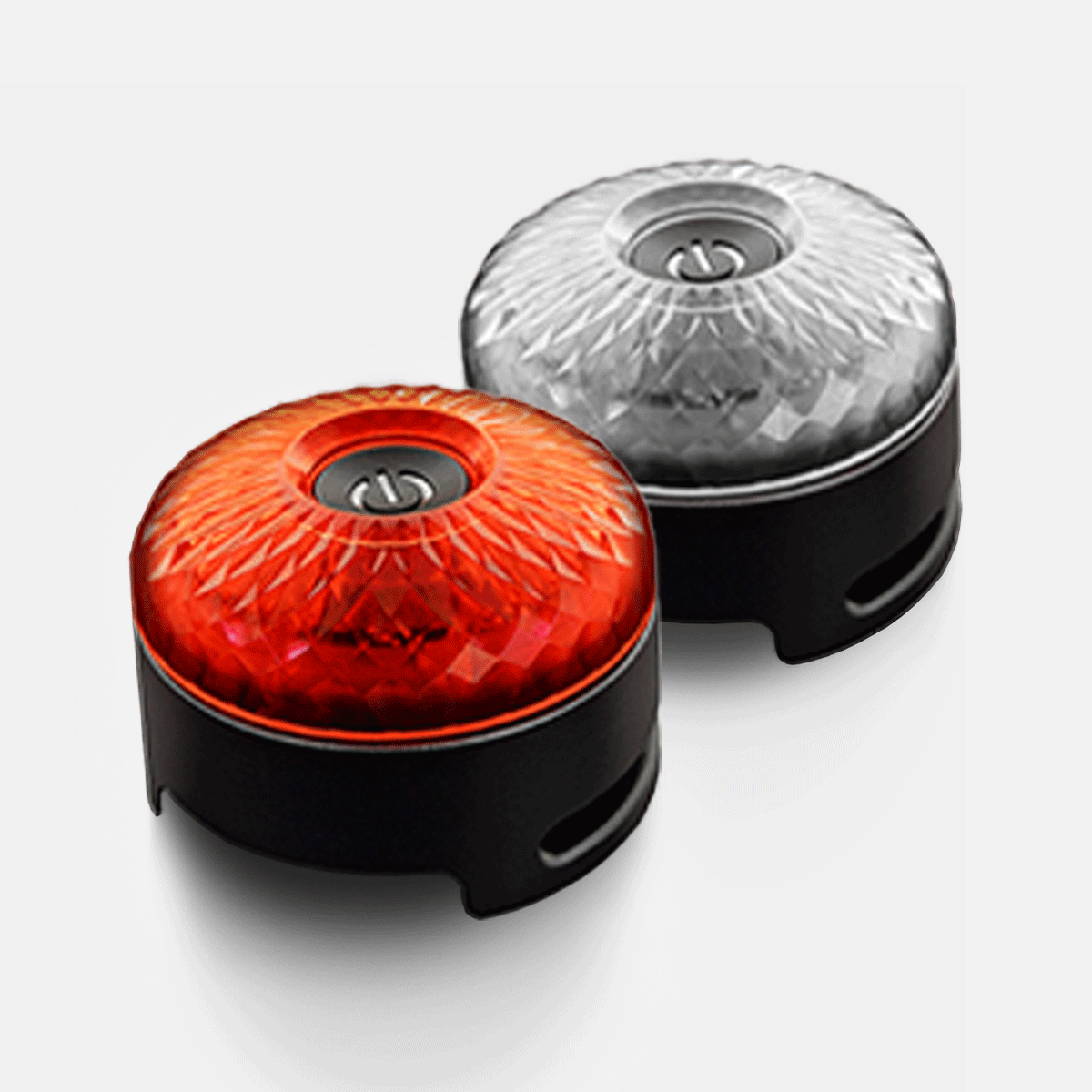
Dachshund Dog Breed: Temperament, Training & First-Time Care Guide
Loyal, lively, and low to the ground, the Dachshund is instantly recognisable for its long body and short legs. But don’t let their small size fool you, this breed is packed with personality and bravery.
Whether you know them as the sausage dog or the wiener dog, the Dachshund is a household favourite across Australia.
Quick Facts Overview
|
Trait |
Details |
|
Size Category |
Small to Medium |
|
Height & Weight |
Height: 13–23 cm; Weight: 5–14 kg |
|
Coat Type & Colours |
Smooth, long-haired, or wire-haired; black & tan, red, chocolate, and more |
|
Energy Level |
Moderate |
|
Origin |
Germany |
|
Grooming Needs |
Low to Moderate (varies by coat type) |
|
Temperament |
Curious, bold, clever, affectionate |
|
Trainability |
Moderate |
|
Compatibility |
Good with families; early socialisation needed with pets |
|
Lifespan |
12–16 years |
Breed Origins and History
Originally bred in Germany over 300 years ago, Dachshunds were developed to hunt badgers and other burrowing animals. Their long, low bodies and strong chests allowed them to dig and follow prey underground.
The name “Dachshund” even translates to “badger dog.” Today, their fearless nature remains, but they're more often seen chasing toys or curling up with their humans.
Dachshunds also exhibit a strong natural instinct to burrow, often seen when they tuck themselves under blankets or dig into bedding. This behaviour stems from their historic use as den dogs.
Personality and Temperament
The Dachshund’s temperament is a mix of playfulness, independence, and affection. They form strong bonds with their family and enjoy being the centre of attention.
While they can be wary of strangers and bark to alert, they’re not aggressive when socialised properly. Their curiosity means they’ll always be sniffing something out, so secure fencing is a must.
They are clever yet known for a stubborn streak, which can make training a test of consistency. Despite their bold nature, Dachshunds thrive on positive attention and can become anxious if left alone too long.
Trainability and Intelligence
Dachshunds are clever but can be a bit stubborn. Consistent, positive training works best — think treats and patience. They respond well to praise but can lose interest if training feels repetitive. Early socialisation helps manage bossy behaviour and barking.
Despite their stubborn nature, they are considered intelligent dogs and are capable of learning commands quickly when training is kept engaging and varied.
Recommended Gear:
Exercise and Activity Requirements
Daily Requirements:
-
30–45 minutes of walking or supervised play
-
Puzzle toys or scent games for mental enrichment
-
Avoid strenuous jumping due to their long spine
Though not high-energy like some working breeds, Dachshunds still benefit from daily activity. They love to dig and sniff, so mix things up with play and training.
Dachshunds also enjoy nose work games and tracking activities, which align with their hunting heritage.
Recommended Gear:
Physical Characteristics
-
Long, muscular body with short legs
-
Deep chest and strong forequarters
-
Three coat types: smooth, long-haired, and wire-haired
Each coat type has unique grooming needs, but all Dachshunds share the same loveable silhouette. Their expressive eyes and alert posture add to their charm.
Miniature Dachshunds are a popular variation, weighing under 5 kg, while standard Dachshunds are slightly larger. Both types share the same physical structure and temperament.
Recommended Gear by Size:
Living Environment Suitability
Dachshunds adapt well to apartment living or houses with secure yards. They prefer being close to their family and don't do well left alone for long.
Stairs and jumping from heights should be avoided to protect their backs. Many Dachshund owners invest in pet ramps or stairs to help them navigate furniture safely.
Recommended Gear:
Grooming and Maintenance
Grooming Checklist:
-
Smooth coats: occasional brushing and wiping
-
Long-haired: brush 3–4 times a week
-
Wire-haired: weekly brushing and occasional trimming
-
Nail trims, ear cleaning, dental care for all types
Their grooming needs vary, but all benefit from regular attention to avoid tangles and infections. Dental hygiene is especially important, as Dachshunds are prone to bad breath and dental issues if not cared for properly.
Recommended Grooming Gear:
Common Health Issues
Breed-Specific Concerns:
-
Intervertebral disc disease (IVDD)
-
Obesity
-
Dental problems
-
Patellar luxation
Keeping your Dachshund at a healthy weight is crucial to avoid back issues. Supportive bedding and careful handling reduce injury risks. IVDD is a major concern, particularly in Dachshunds that are overweight or allowed to jump excessively.
Recommended Health Gear:
Diet and Feeding Guidelines
Feeding Plan:
-
Puppies: 3 small meals a day
-
Adults: 2 meals daily
-
Weight-control formula to avoid obesity
Due to their long body and short legs, weight gain puts extra strain on their back. Choose food suited for small breeds and monitor portion sizes. Portion control is essential, especially for indoor Dachshunds with less daily activity.
Recommended Feeding Gear:
Compatibility with People and Other Pets
Compatibility Scale:
-
Children: ★★★★☆ (best with respectful kids)
-
Other Dogs: ★★★★☆ (early socialisation helps)
-
Small Pets: ★★★☆☆ (may chase if not trained)
Their bold personality means they can sometimes challenge larger dogs, but with early training, they integrate well into multi-pet households. While generally affectionate, Dachshunds may exhibit guarding behaviour around toys or food if not properly trained.
Recommended Social Gear:
Behavioural Issues and Management
Common Issues:
-
Excessive barking
-
Stubbornness
-
Guarding toys or space
Management Tips:
-
Use reward-based training
-
Encourage calm behaviour with mental enrichment
-
Avoid harsh corrections—they respond better to praise
Barking is a well-known trait in Dachshunds, often triggered by boredom, excitement, or strangers. Their natural alertness makes them good watchdogs but can become excessive without proper boundaries.
Helpful Gear:
Essential Gear for Dachshunds
Walking & Outdoor:
Style & ID:
Training:
Travel & Safety:
Weather Gear:
Personalisation:
FAQs: Dachshund Dog Breed
1. Are Dachshunds good family dogs?
Yes, Dachshunds can be great family dogs, especially in households with older children. They are loyal, affectionate, and love being part of the action. Their small size also makes them suitable for apartment living, but they can be sensitive and may not tolerate rough play from young kids without supervision.
2. Do Dachshunds bark a lot?
Dachshunds are naturally alert and vocal, so they tend to bark more than some other breeds. They often bark to alert you to strangers or new sounds. Early training and socialisation help keep barking under control.
3. Are Dachshunds high maintenance?
They are not high maintenance in terms of grooming, especially smooth-coated Dachshunds. However, they require consistent training, exercise, and attention to prevent behaviour issues. Their long backs also mean they need to avoid excessive jumping and rough handling.
4. What are the pros and cons of Dachshunds?
Pros: Loyal, small-sized, good watchdogs, and full of personality.
Cons: Prone to barking, back issues, stubbornness during training, and separation anxiety if left alone too often.
5. Can Dachshunds be left alone?
They can tolerate being alone for short periods, but they form strong attachments to their people. Dachshunds left alone for too long may develop separation anxiety or become destructive. Gradual independence training and interactive toys can help.
6. Are Dachshunds hard to housebreak?
Yes, many owners find Dachshunds challenging to house-train. Their stubborn streak and small bladder size contribute to this. Consistent schedules, positive reinforcement, and patience are key.
7. Do Dachshunds have behaviour problems?
Dachshunds can develop behaviour problems if not properly trained or exercised. Common issues include barking, digging, guarding food or toys, and resistance to commands. Early socialisation and firm, positive training help prevent most of these.
8. Are Dachshunds good with kids?
Dachshunds can be good with children, particularly if raised with them. However, their small frame and strong-willed personality mean they do best with kids who know how to handle pets gently.
9. Are Dachshunds good house dogs?
Yes, Dachshunds adapt well to indoor living. They enjoy being close to their humans and don't require a large yard. As long as they receive daily exercise and stimulation, they are happy house companions.
10. Are Dachshunds known to sleep a lot?
Yes, Dachshunds love to sleep. It’s not uncommon for them to nap multiple times throughout the day, especially after a walk or playtime. This is normal and part of their laid-back temperament.
11. Are Dachshunds prone to separation anxiety?
Yes, Dachshunds often develop separation anxiety because of their strong bond with their owners. It’s important to build independence gradually and avoid making departures and arrivals overly emotional.
Final Thoughts
The Dachshund is a bold, affectionate, and fun-loving companion, perfect for families who appreciate a bit of spunk in a small package. With the right care, training, and gear, your Dachshund will thrive as a beloved member of the family.
Looking for comfortable, safe, and stylish accessories for your Dachshund? Visit EzyDog for gear built for small dogs with big personalities.




Leave a comment
This site is protected by hCaptcha and the hCaptcha Privacy Policy and Terms of Service apply.